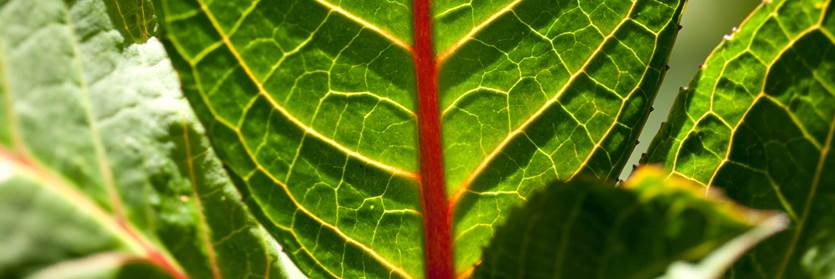Four “Flavors” of New Plant Species, Part Three
Posted in New Plant Discoveries on February 6, 2015 by Benjamin Torke
Benjamin M. Torke, Ph.D., is an Assistant Curator at the Garden’s Institute of Systematic Botany. His specialty is legumes, a large plant family that includes not only beans and peanuts but also hundreds of rain forest tree species.

(Photo: H. Richard)
So far in this series about the most common characteristics of new plant species, we’ve seen that some are rare and some are restricted. Another “flavor” of new species is that they can be remote.
A couple of years ago, Hélène Richard, a researcher at the National Forest Office of French Guiana in northern South America, sent me an email with a few blurry photos of a small tree. She wrote that she thought it was a species of Swartzia and asked if I might be able to identify it.
I was pretty familiar with the dozen or so species that were known to occur in French Guiana, an overseas department of France, because I had visited there in 2002 and had studied the genus in the local herbarium and in the field. But the plant in these photos, while certainly a Swartzia, did not look like any of those species, nor did it closely resemble any other described species. I wrote her back right away, informing her that I thought it was new to science. I asked for more details about where the photo had been taken and whether it might be possible to revisit the spot to collect additional material.
She responded that the plant was encountered in dense rain forest during the first, and to date only, botanical expedition to the remote Sparouine Mountains and that it was unlikely that the locality would be revisited soon since the only access was by helicopter! Fortunately, the local herbarium agreed to lend the single specimen that was collected, and I am now working up a description of the species, which I intend to call Swartzia sparouinensis.


Absolutely fascinating!! Good luck with this project, and let us know how it develops.